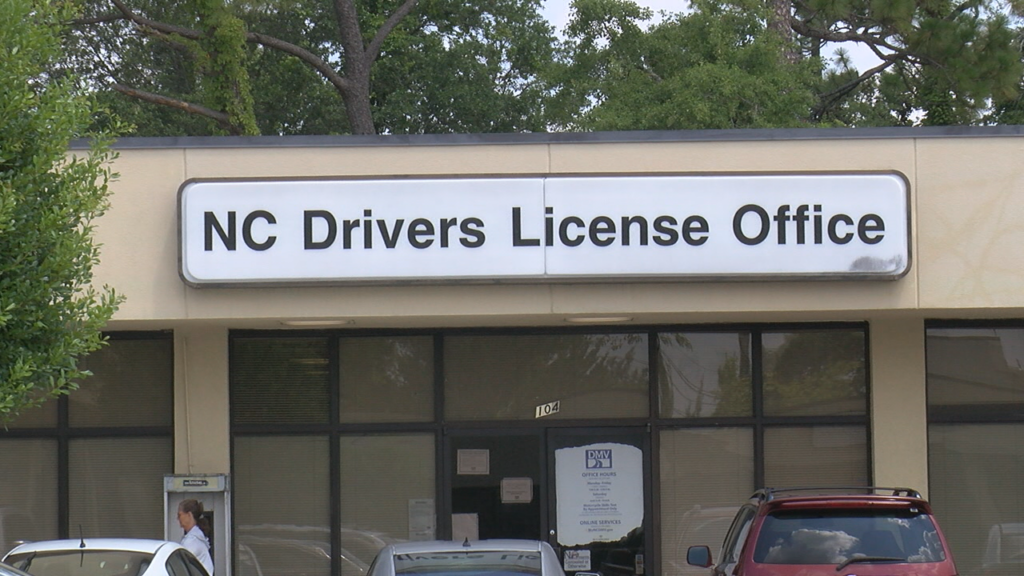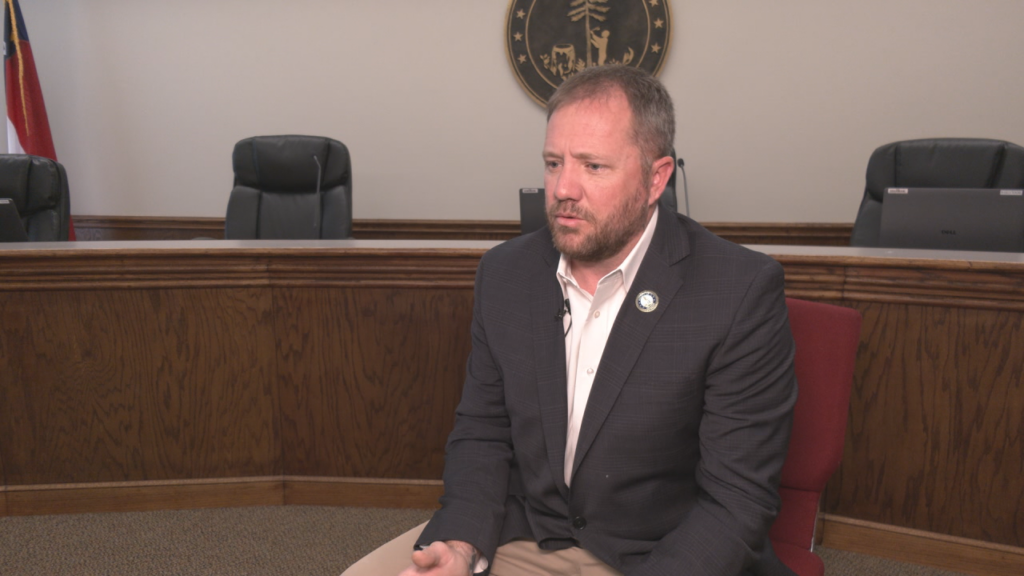State audit reveals systemic challenges at NC DMV
Audit explores separation of DMV and DOT as customer service experience worsens

RALEIGH, NC (WWAY) — The North Carolina Office of the State Auditor has released two in-depth audits highlighting significant operational and structural issues within the state’s Division of Motor Vehicles. The findings point to declining customer service, employee burnout, unsustainable staffing, and limited autonomy within the Department of Transportation.
The audits, which included a performance review and an information systems audit, were initiated to identify root causes of ongoing problems within the DMV, one of the state government’s most public-facing agencies.
The audit shows the DMV experience for both customers and employees has gotten worse over the years, and that the relationship between the DMV and North Carolina Department of Transportation is a contributing factor.
“I pledged to audit the DMV to get to the root cause of its failure, and the reports dealing with licensing procedures and information systems are now complete,” State Auditor Dave Boliek said in a statement. “Our audit team has worked hard to find opportunities where the DMV can course correct and effectively serve North Carolina citizens.”
Key Findings: Declining Customer Service and Rising Wait Times
The performance audit shows that the experience at the DMV has worsened over time. Average wait times have increased by 15.5% since 2019, now standing at 1 hour and 15 minutes. Nearly 14% of visits in fiscal year 2025 lasted more than 2.5 hours, up 79% since 2019.
Employee Morale and Staffing Concerns
The audit revealed troubling signs of low morale among DMV employees:
- Only 47% of staff believe the DMV fosters open communication
- 43% expressed dissatisfaction with past leadership
- Employees cited low pay, burnout, security concerns, and inadequate training
Driver license examiner positions remain understaffed. Of the 710 positions, only 505 are filled, leaving approximately 160 vacancies. In Harnett County, just one examiner serves more than 56,000 residents. This comes despite a 29% increase in the state’s population over the past two decades.
Structural Challenges with DOT
The audit outlines a dysfunctional relationship between DMV and DOT:
- DMV generates 30% of DOT’s revenue but receives only 2.8% of its expenditures
- Only 2 of 45 performance goals in DOT’s 2023–25 strategic plan relate directly to DMV
- DMV was excluded from key modernization planning and procurement efforts.
Recommendations from the State Auditor
To address these systemic issues, the audit includes five key recommendations:
- Consider establishing the DMV as an autonomous agency or authority.
- Develop an independent strategic plan.
- Conduct a statewide staffing analysis and implement a phased hiring plan.
- Create a centralized performance dashboard to track key service metrics.
- Partner with industry experts to improve customer experience.
“It’s time to solve the DMV problem,” Boliek said. “North Carolina has the will and the tools to make our DMV better. Our audit lays out some concrete steps to begin the process to fix the DMV.”
Information Systems Audit
The information systems audit showed that since 2014, the DMV and the Department of Information Technology – Transportation have spent about $42 million on 46 IT projects. Despite these investments, outdated systems remain in place and have failed to meaningfully improve customer service.
Auditors made four additional recommendations related to IT modernization and accountability.
According to a news release, the audits were based on site visits, interviews with DMV and DOT staff, analysis of budgets and performance data, and expert consultation from North Carolina institutions including the Institute for Transportation Research and Education, UNC Greensboro’s Bryan School of Business, and the UNC School of Government.




